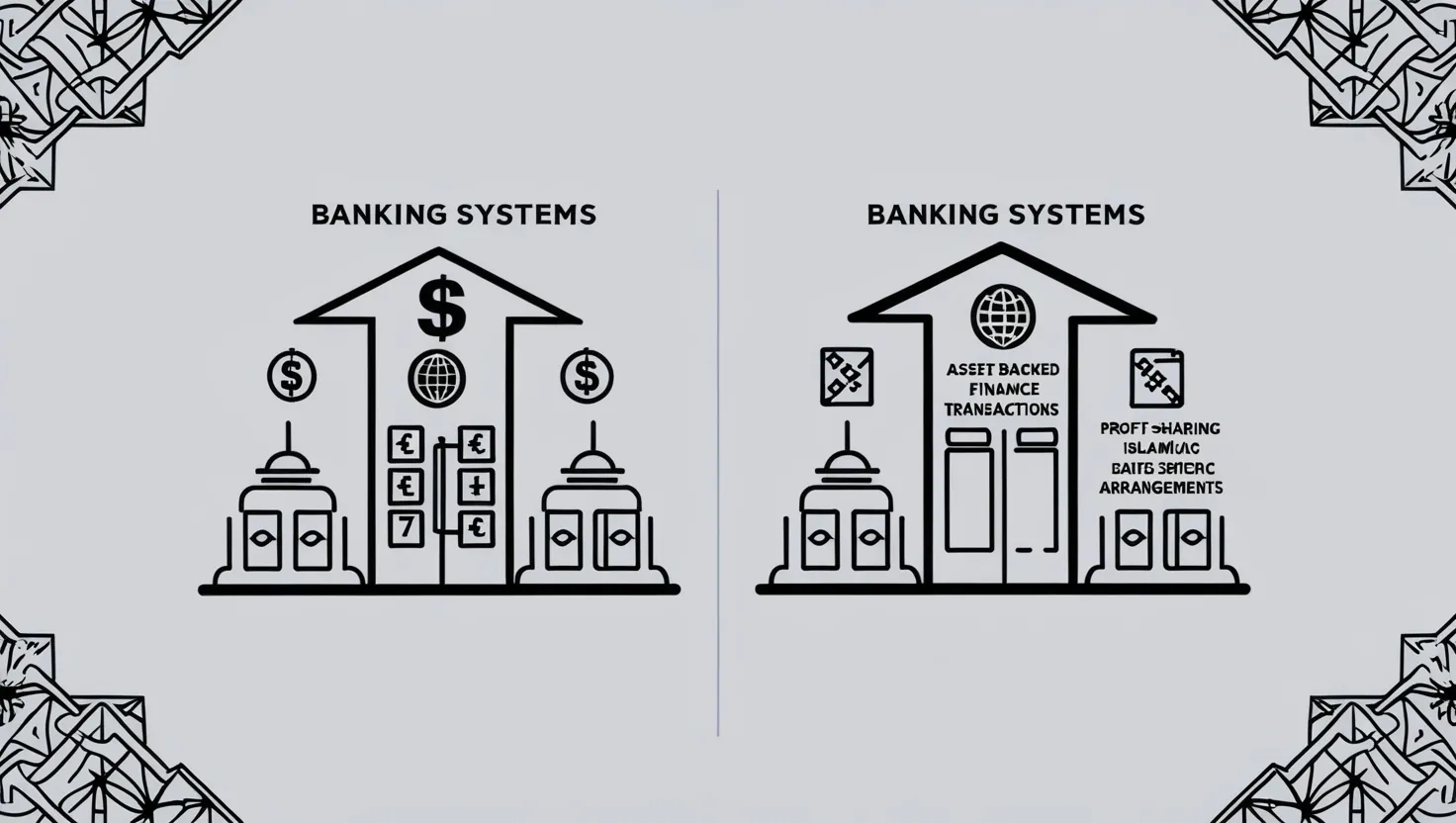When we think about personal finance and economic practices, it’s easy to overlook the significant influence of religious teachings. However, for many people around the world, their faith plays a crucial role in shaping their attitudes toward debt, borrowing, and managing money. Let’s explore how different religious traditions guide financial decisions and economic behaviors, often in ways that are both subtle and profound.
The Biblical Perspective on Debt
For Christians, the Bible offers clear guidance on financial matters. One of the core principles is the idea that God is the ultimate source of all provisions. This is reinforced by verses like Philippians 4:19, which states, “My God shall supply all your need according to his riches in glory by Christ Jesus.” This mindset encourages believers to look to God for their needs rather than relying solely on credit or debt.
The Bible also warns against the dangers of debt. Proverbs 22:7 cautions, “The rich ruleth over the poor, and the borrower is servant to the lender.” This warning is not just about the financial implications but also about the loss of freedom that comes with debt. The story of a young couple who choose to save $1000 each year instead of going into debt for the same amount illustrates this point starkly. Over 15 years, their savings with 6% interest would amount to nearly $25,000, whereas their debt with 10% interest would balloon to almost $35,000.
Another important principle is the emphasis on hard work and self-sufficiency. Proverbs 14:23 and 28:19 highlight the importance of labor and prudent planning to avoid poverty. This work ethic is not just about personal financial stability but also about trusting in God’s provision rather than relying on debt as a quick fix.
Debt in Christian Contexts
While the Bible does not condemn borrowing outright, it does offer strong warnings against the misuse of debt. For instance, Psalm 37:21 states, “The wicked borrows but does not pay back,” emphasizing the moral obligation to repay debts. This principle is crucial in understanding that debt, while sometimes necessary, should not be taken lightly.
In some cases, debt may be unavoidable, such as during medical emergencies or job layoffs. However, the Bible advises against making assumptions about the future and encourages a mindset of humility and trust in God’s will. James 4:13-15 reminds believers to say, “If the Lord wills, we will live and do this or that,” rather than planning without considering God’s sovereignty.
Islamic Finance and the Prohibition on Usury
In Islamic finance, the concept of debt is approached very differently. Islam strictly prohibits usury, or the charging of interest on loans, which is seen as exploitative and unjust. This prohibition is based on verses from the Quran, such as Surah Al-Baqarah 2:275-280, which condemn the practice of usury and encourage charitable lending instead.
Islamic financial systems focus on equity-based financing and risk-sharing, where the lender and borrower share the risks and rewards of a business venture. This approach not only avoids the moral and financial pitfalls of usury but also promotes a more equitable and just economic system.
The Impact of Religious Teachings on Economic Behavior
Research has shown that religious affiliations can significantly influence economic behaviors. For example, studies have found that Buddhists tend to borrow less than individuals from other religious backgrounds. This could be due to the Buddhist emphasis on living simply and avoiding unnecessary desires, which translates into more prudent financial decisions.
In contrast, some Christian microfinance programs, particularly those rooted in Prosperity Theology, encourage the use of credit as a path to prosperity. However, this approach can lead to a cycle of debt, where individuals believe that their ability to take on debt is a sign of their faith and inward grace. This can result in exploitative interest rates and a deepening financialization of the soul, as seen in some microfinance programs in Colombia.
Community Practices and Financial Decisions
In many communities, religious teachings are not just abstract principles but are integrated into daily life. For instance, in some Mormon communities, the emphasis on thrift, saving, and avoiding debt is strong. This is reflected in higher savings rates and lower borrowing behaviors among Mormons compared to other religious groups.
Similarly, in Jewish tradition, the concept of “shmita” or the Sabbath year, where debts are forgiven every seven years, highlights the importance of periodic debt forgiveness and economic reset. This practice, though not widely observed today, underscores the biblical concern for economic justice and the need to protect the vulnerable from the cycle of debt.
Personal Stories and Financial Faith
Meet Remedios, a Christian diner owner in Colombia who relied on microfinance to keep her business afloat. Despite the high interest rates, Remedios saw her debt as part of a path towards prosperity, driven by her faith in the idea that credit and debt could lead to material success. Her story illustrates how deeply intertwined faith and finance can be, even in the face of exploitative financial systems.
On the other hand, consider the story of a young Christian couple who decided to live on a margin, saving a portion of their income each year instead of borrowing. Over time, their savings grew significantly, providing them with financial stability and peace of mind. This approach reflects a trust in God’s provision and a commitment to living within their means.
Global Implications and Credit Systems
The influence of religious teachings on financial practices is not limited to individual decisions but also shapes broader economic policies and credit systems. In countries with significant Islamic populations, Islamic banking and finance have become major players, offering alternatives to conventional banking that align with Islamic principles.
In other regions, Christian microfinance programs continue to grow, often with mixed results. While these programs aim to empower the poor through access to credit, they sometimes perpetuate cycles of debt that can be detrimental in the long run.
Conclusion
The relationship between faith and finance is complex and multifaceted. Religious teachings from various traditions provide guidance on debt, borrowing, and economic behavior that can have profound impacts on individual financial decisions and broader economic systems.
By understanding these teachings and their practical applications, we can gain a deeper appreciation for how faith shapes our financial lives. Whether it’s the biblical emphasis on trusting God’s provision, the Islamic prohibition on usury, or the community practices that reflect these principles, the intersection of faith and finance is a rich and nuanced field that continues to influence our world in significant ways.
As we navigate the intricate worlds of finance and faith, it’s clear that these are not separate domains but intertwined aspects of human life. By embracing this understanding, we can make more informed financial decisions that align with our values and contribute to a more just and equitable economic system for all.






